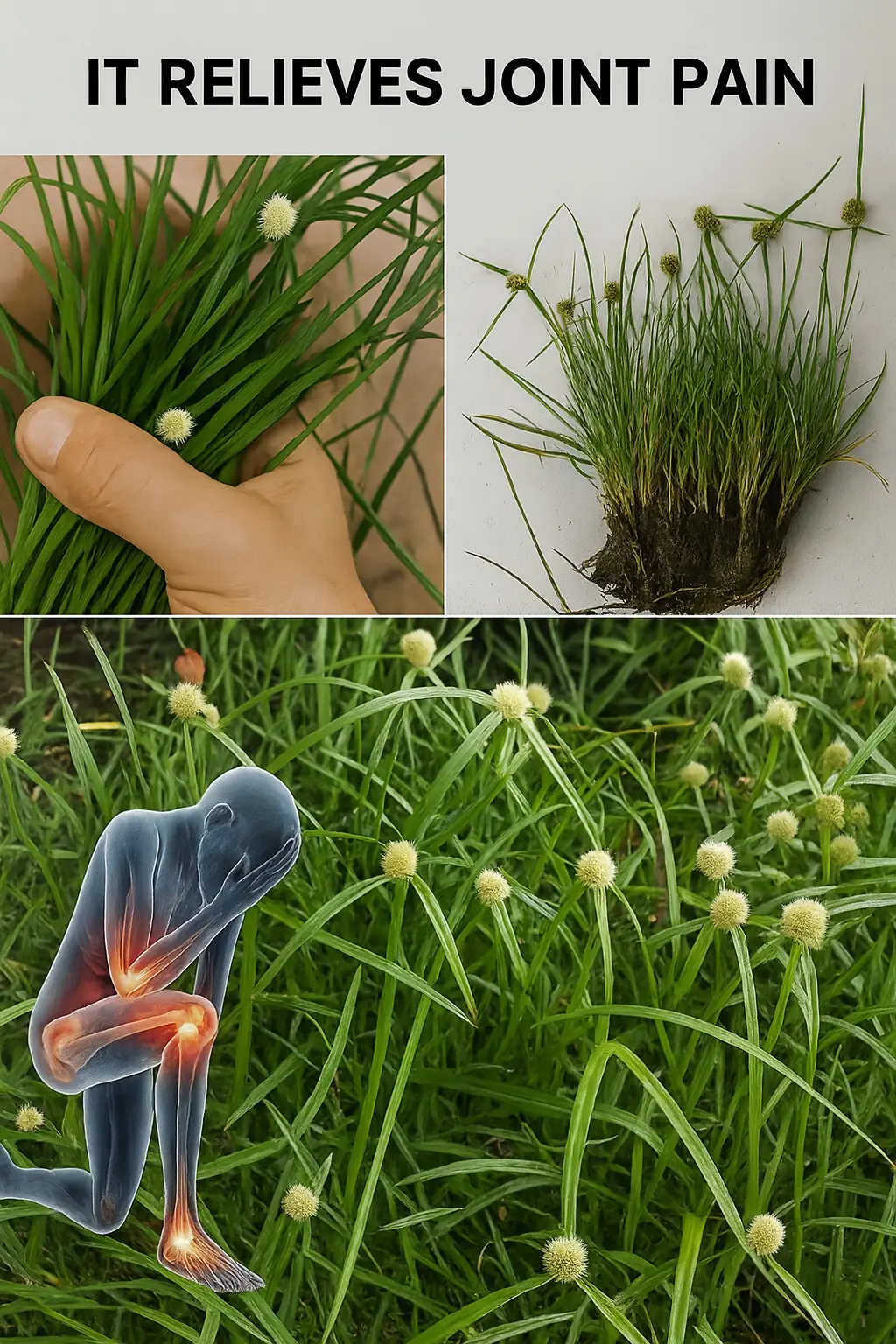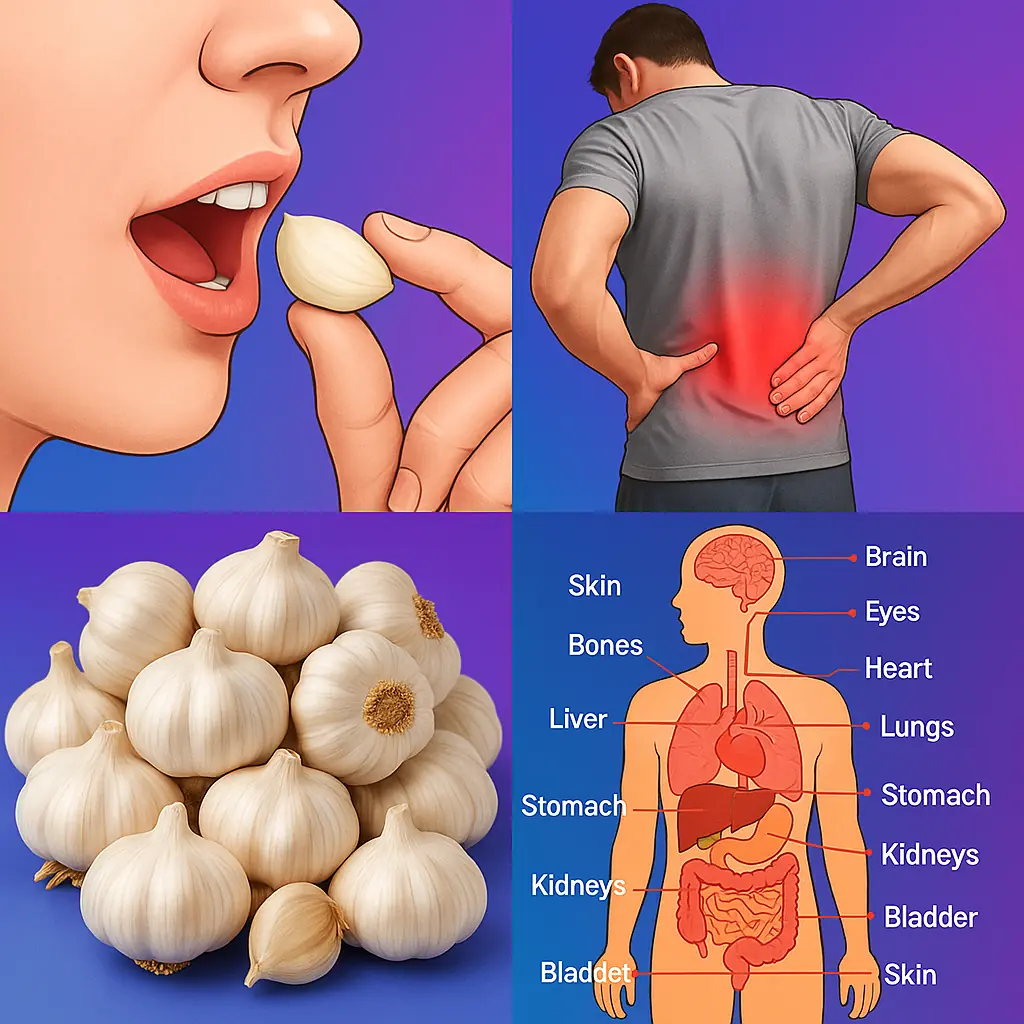
6 Delicious Foods That Help Eliminate Visceral Fat as Effectively as Exercise

Everyone wants to lose weight, but few people pay attention to visceral fat, which can be extremely dangerous.
Visceral fat doesn't just accelerate aging—it’s also associated with numerous health issues such as heart disease, high blood pressure, and cancer.
According to health sources, visceral fat is the accumulation of excess fat in the abdominal cavity. It acts like a gel that wraps around key organs such as the liver, kidneys, and pancreas.
People with large waists and abdominal circumferences should be particularly cautious, as these are signs of dangerous visceral fat. However, even thin or underweight individuals are not immune—anyone can develop visceral fat.
The most effective way to reduce visceral fat is through regular exercise. However, not everyone has the time or discipline to maintain a consistent workout routine.
Fortunately, experts suggest that certain everyday foods—affordable and easy to find—can help reduce and prevent visceral fat naturally.
1. Eggs
Eggs are high in protein, which helps reduce hunger, supports weight loss, and enhances metabolism. This means visceral fat is burned more efficiently.
Studies show that individuals who consume more protein tend to carry less visceral fat. That’s why eating eggs in the morning is recommended—it provides energy and helps control appetite throughout the day. Boiled eggs are also a good choice for late-night snacks as they promote satiety without causing weight gain.
Nutritionists note that even people with high blood pressure or cholesterol can eat eggs, though it’s best to limit intake to 1–2 eggs per week.
2. Peanuts
Nicole Stefanow, a registered dietitian based in New York, states that peanuts are one of the most effective and budget-friendly foods for reducing visceral fat.
Peanuts contain soluble prebiotic fiber, which is not absorbed by the body but is broken down into short-chain fatty acids (SCFAs) by beneficial gut bacteria.
Research from the National Center for Biotechnology Information (NCBI) suggests that higher levels of SCFAs in the body are linked to a lower risk of developing visceral fat.
3. Fatty Fish
Fatty fish such as salmon, tuna, and mackerel are rich in omega-3 fatty acids, which are beneficial for heart health.
Anya Rosen, a specialist in nutrition at New York University, explains that omega-3s help improve insulin sensitivity and combat inflammation caused by visceral fat, promoting overall health.
Fatty fish also provide high amounts of vitamin D, which supports immunity, bone density, and helps lower total visceral fat.
Just one 400g can of salmon can provide up to 80% of your daily vitamin D needs.
4. Coconut Oil
Though coconut oil is high in saturated fats, it contains medium-chain triglycerides (MCTs), which have been shown to reduce total body fat—even in cases of calorie surplus.
MCTs also help increase feelings of fullness, reduce food intake, and boost metabolism, which contributes to fat burning.
Used in moderation, coconut oil can be a natural way to reduce visceral fat without unwanted side effects.
5. Yogurt
Research from NCBI shows that eating yogurt regularly can decrease the amount of fat stored in the abdominal area.
The probiotics in yogurt improve gut health, which may contribute to reduced fat accumulation. Additionally, yogurt helps you feel fuller for longer, reducing overall calorie intake and preventing visceral fat buildup.
6. Whole Grains
Whole grains like oats and brown rice are rich in fiber and help balance insulin levels, which can shrink fat cells.
A study involving 2,800 participants from the Framingham Heart Study found that whole grains significantly reduce both subcutaneous and visceral fat.
Conversely, refined carbs like white bread, pasta, and white rice may increase belly fat.
These foods are inexpensive, accessible, and scientifically supported in their ability to help reduce visceral fat. As visceral fat is just as harmful as general obesity—if not more—it's worth adding these items to your family’s diet starting today.
News in the same category

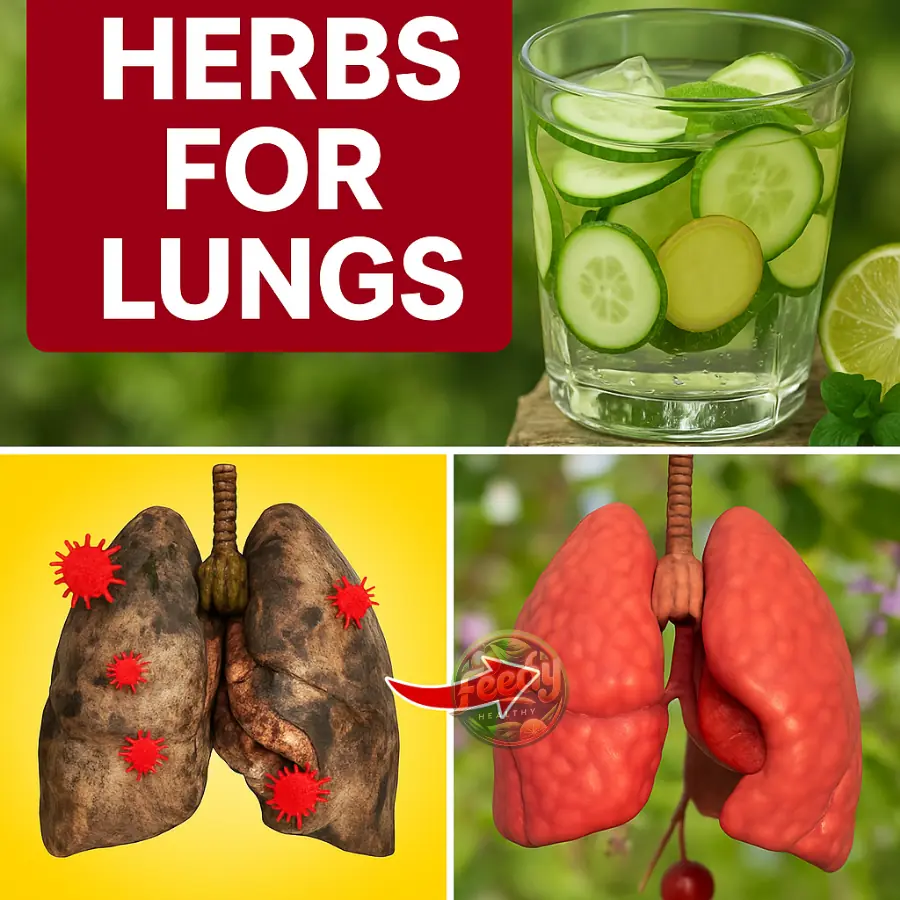
14 Reasons Why You Should Drink Cucumber, Ginger, Mint, Lemon, and Water Every Day
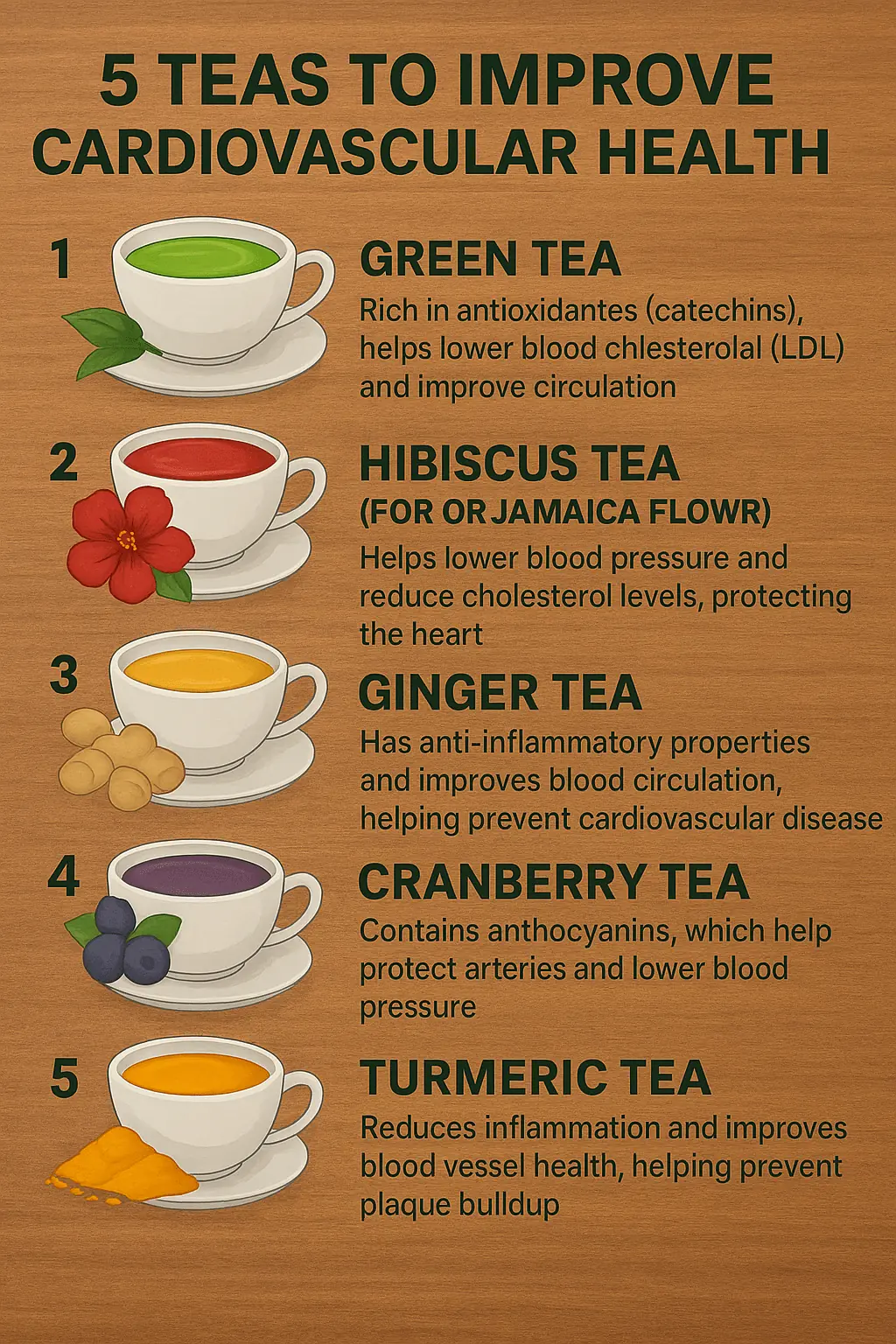
5 Natural Teas That Improve Your Cardiovascular Health
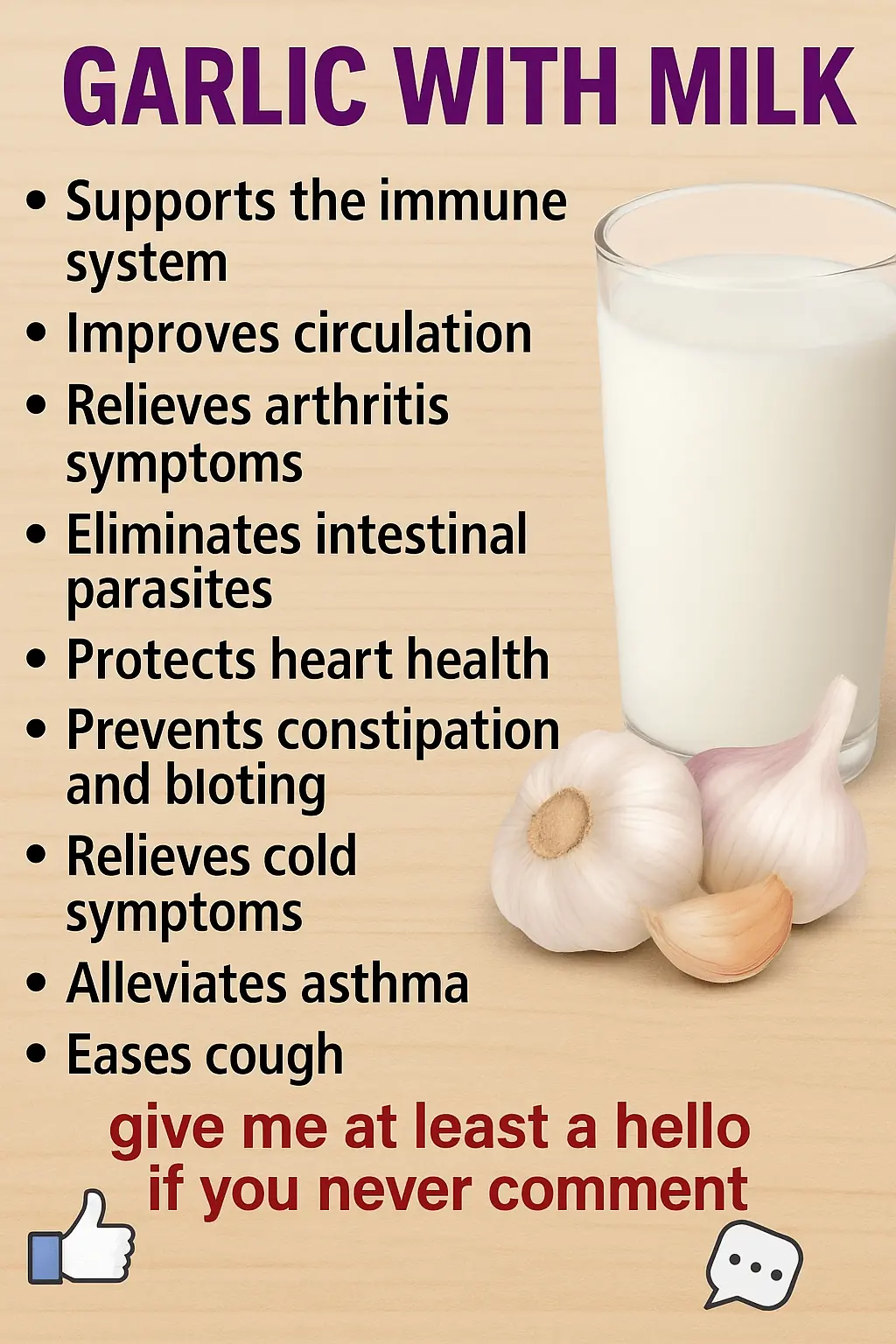
The Healing Power of Garlic with Milk: A Natural Remedy You Should Know About

6 Painful Areas on the Body That Warn of Early-Stage Cancer: Don’t Delay or It May Spread

The Ultimate Secret to a Youthful Liver and Vibrant Gut: A Daily Habit You’ll Wish You Started Sooner

How Long Can Cooked Food Stay in the Refrigerator? This Is Actually the Amount of Time You Should Not Exceed

The 3 Flavors Cancer Cells Love Most – And Many People Consume Them Daily

How to Naturally Clear Phlegm and Mucus from Chest and Throat

5 Early Signs of Cervical Cancer Most Women Ignore (But Shouldn’t)

10 Unusual Signs of Str0ke in Women
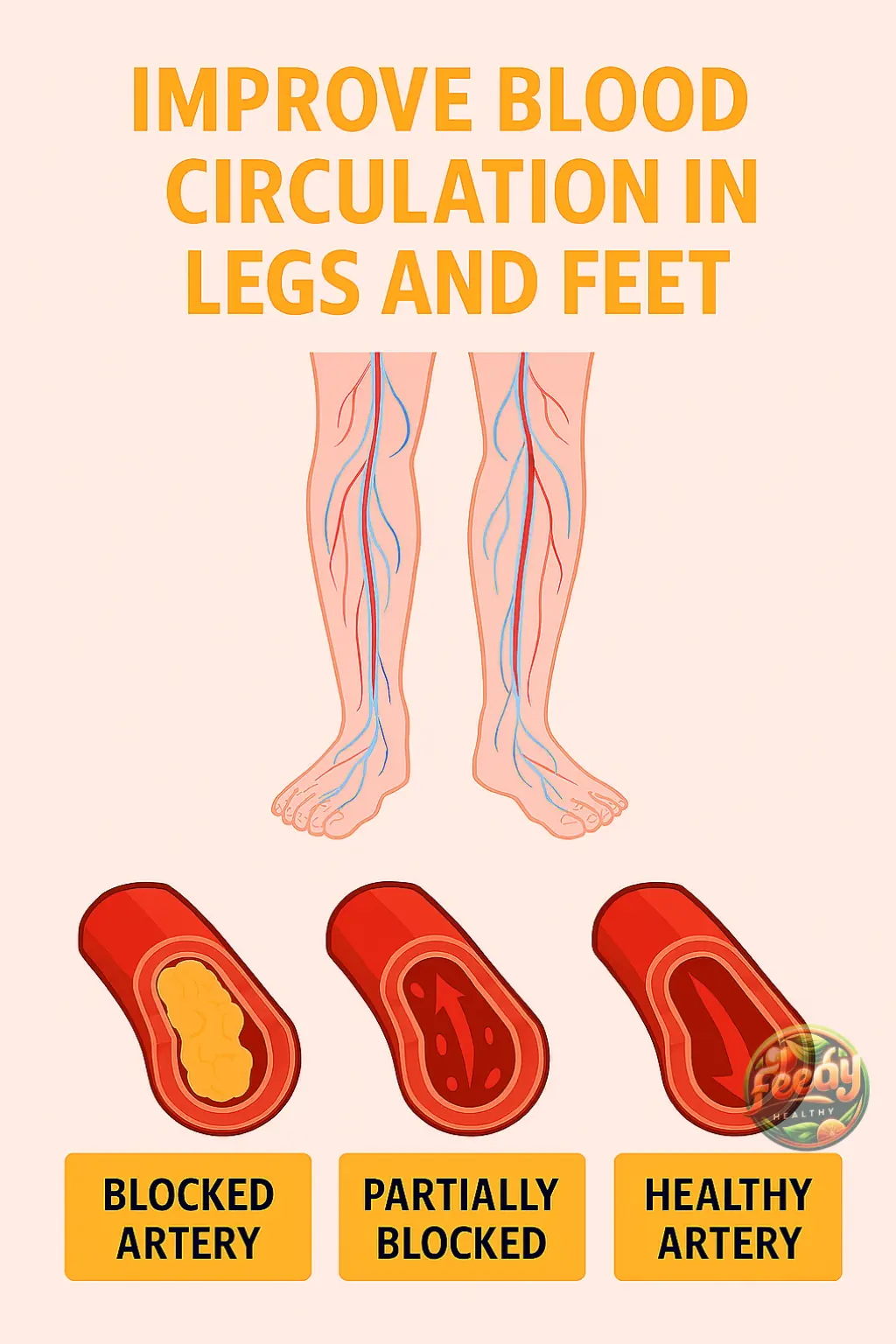
Activate Your Circulation Instantly: The Natural Secret Your Legs Will Thank You For

How I Detected Thyroid Cancer Early at Home With Just a Glass of Water

How Your Body Communicates That Something’s Wrong

10 Subtle Signs Your Kidneys Might Be in Trouble

Doctor’s Warning: Early-Stage Lung Cancer Doesn’t Always Come with a Cough – Watch Out for These 4 Unusual Symptoms

People at Risk of Cancer Often Show 3 Signs on the Neck – Early Checkups Could Save Your Life

8 Subtle Warning Signs of a Heart Attack You Shouldn’t Ignore
News Post

🍫 Raspberry Chocolate Lava Cupcakes 🍇

Eat 2 Raw Garlic Cloves Daily: 10 Incredible Benefits You Probably Didn't Know

The Ancient Elixir You’ll Wish You Discovered Sooner: Ginger, Clove & Honey for Unstoppable Health
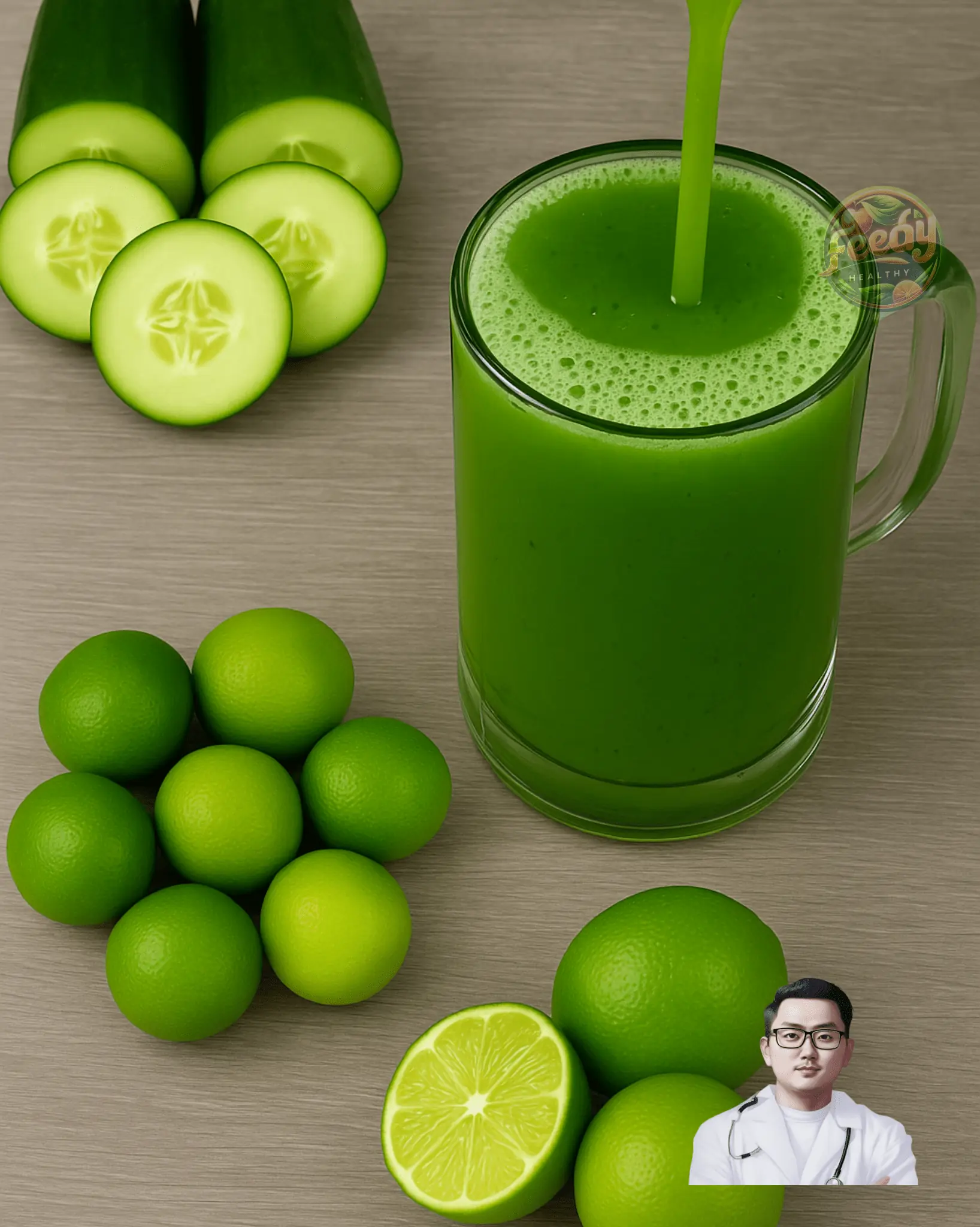
Discover the Ultimate Detox Drink to Flatten Your Belly, Clear Infections, and Rejuvenate Your Liver!

The 2025 Wellness Revolution: Can Soursop, Hibiscus, and Ginger Tea Be Your Secret to Defeating Disease?

The Shy Plant’s Secret Power: How Mimosa Pudica Can Revolutionize Your Health

Unveiling the Mystique of Devil’s Claw Sap: Nature’s Hidden Elixir

Unlock the Hidden Power of Banana Blossoms: 7 Life-Changing Health Benefits You Need to Know
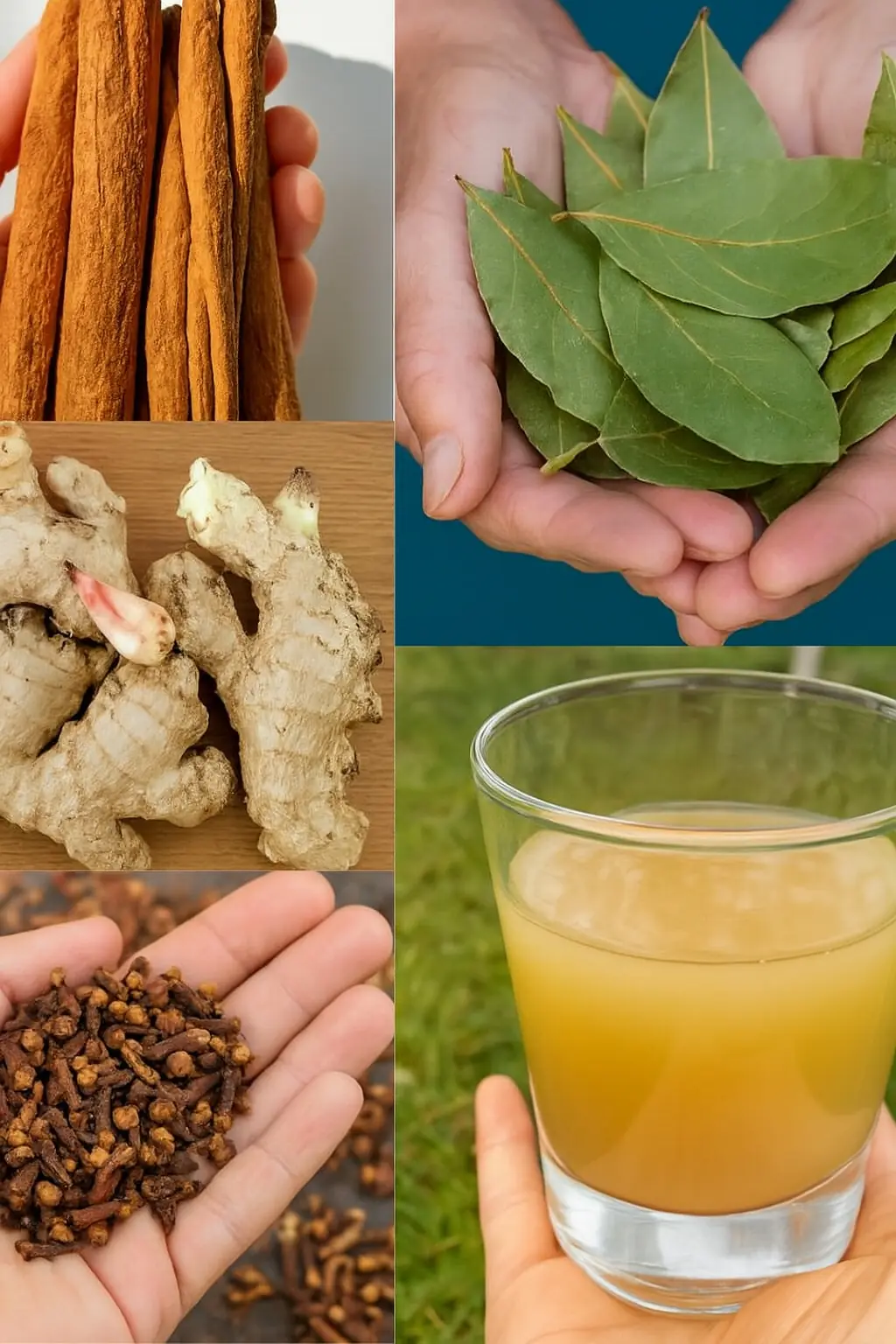
Ignite Your Health with the Ultimate Cinnamon, Ginger, Bay Leaves, and Cloves Elixir

14 Reasons Why You Should Drink Cucumber, Ginger, Mint, Lemon, and Water Every Day

5 Natural Teas That Improve Your Cardiovascular Health

The Healing Power of Garlic with Milk: A Natural Remedy You Should Know About

6 Painful Areas on the Body That Warn of Early-Stage Cancer: Don’t Delay or It May Spread

🍮 Classic Caramel Pudding Recipe

🧜♀️ Mermaid’s Treasure Margarita

Euphorbia Prostrata: The Hidden Healing Herb That Could Transform Your Health
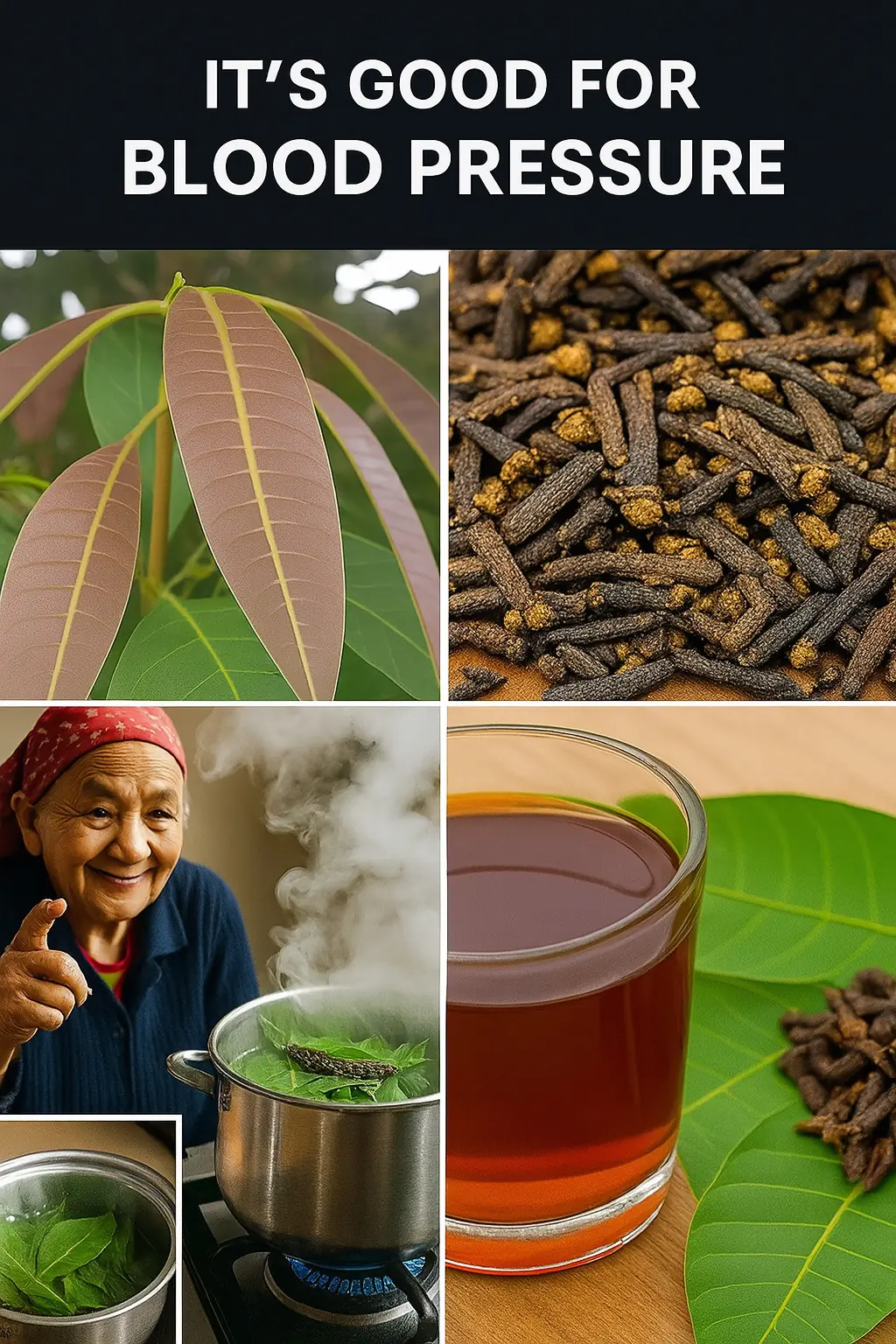
Unlock the Exotic Elixir: The Allure of Mango Leaf and Clove Tea
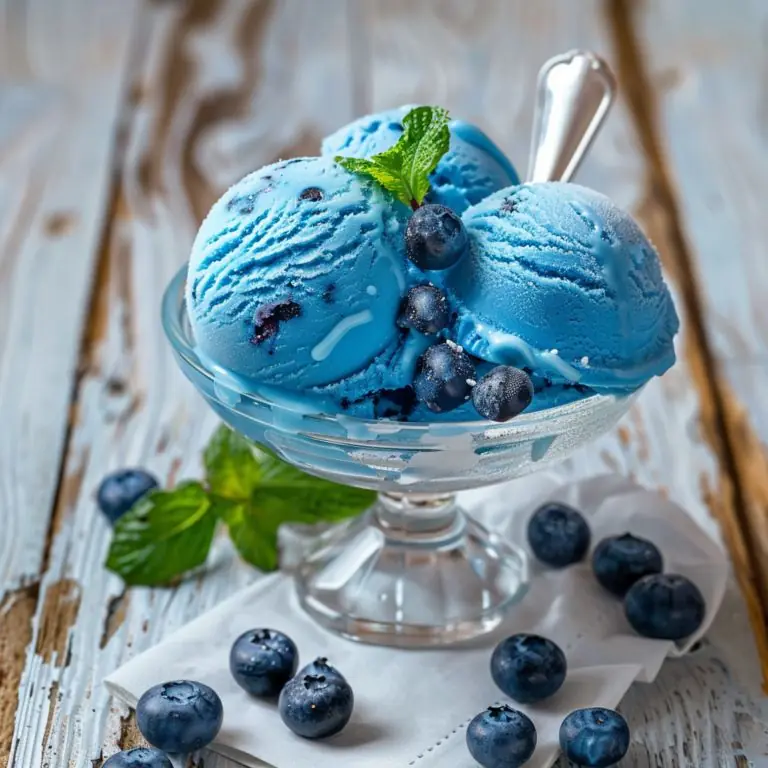
🌙 Blue Moon Ice Cream Recipe
